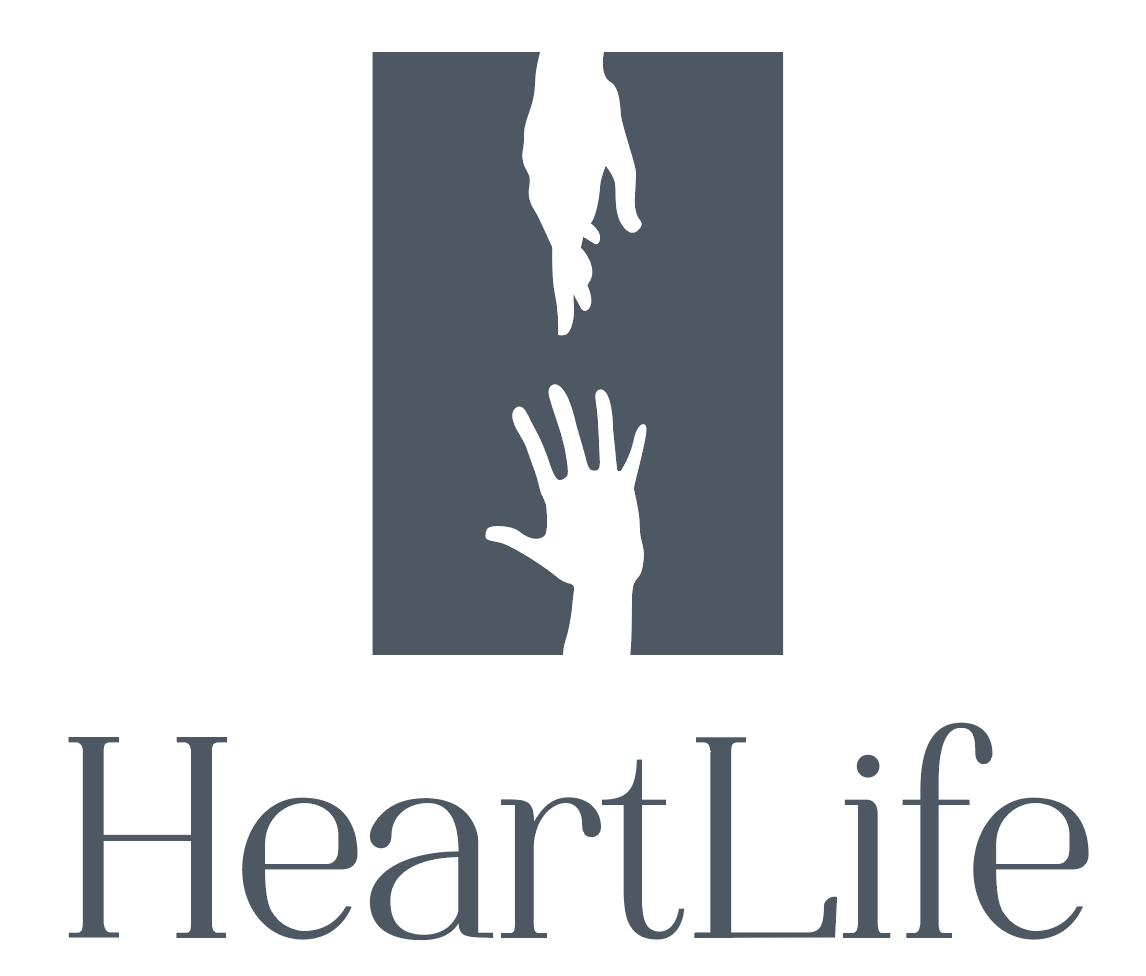Who have you not Forgiven?
By Dr. Chuck Hannaford, President & Clinical Psychologist
“I forgave a man and set a prisoner free…then I discovered the prisoner was me.”
“Bear with each other and forgive whatever grievances you may have against one another. Forgive as the Lord forgave you” (Colossians 3:13).
Unforgiveness is bondage. It is a stronghold that chokes out the abundant life Christ promised to those who desire to follow Him.
By its very nature, unforgiveness prevents individuals from following through on many of the specifics of the Christian life and necessitates the unforgiving walk by the flesh and not by the Spirit. All of our relationships suffer when we are unforgiving.
An unforgiving spirit is one of the most destructive forces in any relationship. Forgiveness of others is necessary if we are to live in the freedom of God’s forgiveness. When we are unforgiving, we transform our bodies from the temple of the Holy Spirit into a dungeon of anger, defensiveness, and bitterness. If I am holding a person hostage through unforgiveness, I block my ability to have healthy fellowship with God and others.
Unforgiveness is like an acid that destroys the container that holds it.
What forgiveness is:
Forgiveness is an act of my will making use of God’s grace to cancel a debt owed to me. Forgiveness is a choice.
Forgiveness is the purposeful removal of my desire to avenge or revenge or exhibit personal ill will toward someone who has hurt or injured me. God says vengeance is His (Romans 12:19).
Forgiveness is freedom from the bondage of feelings that produce distress in my life and the lives of the ones who love me.
Forgiveness is the settling of accounts (Matthew 18:23).
What forgiveness is not:
Forgiveness is not approval of sin. Unforgiveness is sin.
Forgiveness is not restitution.
Those who have hurt or injured you cannot undo what they have done. If you cancel a debt due to hurt or injury, you should not expect some type of “payment” from the one who hurt or injured you. If you forgive someone who owes you one hundred dollars, you have forgiven the debt and should not expect payment. This decision to forgive a debt cost you one hundred dollars…forgiveness and freedom have a price. Jesus paid the ultimate price so that we might receive God’s forgiveness.
Forgiveness is not necessarily reconciliation.
Sometimes we must forgive someone with whom we will not be reconciled (e.g., deceased family members or those to remain in a “sin state” and threaten our spiritual, emotional, or physical well-being). We should, however, make every attempt to reconcile with those we forgive. Forgiveness is a choice you must make and opens the door for reconciliation, but remember reconciliation is a process that takes two people, the injured and the offender.
Forgiveness does not necessarily provide immediate trust. Trust and forgiveness are not the same.
Trust is earned when the words and actions of the offender are consistent over time. You begin to trust when you observe Godly sorrow, confession, and repentance in the other.
Suggestion:
Prayerfully ask God to reveal to you persons whom you have not forgiven. This week spend time listing the names of your offenders and the offenses committed against you. When you feel the list is complete, copy the form below for each offender and carry it with you for a few weeks.
“Lord, you have forgiven me for so much. You have extended Your forgiveness to me. Therefore, as an act of my will, and with Your help, I choose to forgive __________________ (name) and cancel the debt of ________________ (general description, betrayal, rejection, etc.). From this day forward with Your help, I renounce my desire to avenge the wrong committed against me and will show no more ill will toward the person named above.
I realize the enemy will bring this offense to mind even after I have forgiven. Since I am keeping this paper with me, I will take it out and reaffirm that forgiveness has been extended and cannot be taken back when memories or negative emotions flood over me. I will then pray wherever I am and thank You for extending Your forgiveness to me through Your Son Jesus Christ.
Signed:
___________________________ (your name)
Date:
___________________________ ”
Book Recommendation - by Brenda Gilman
How To Forgive When You Don’t Feel Like It – by June Hunt
This is one of my most favorite books in my personal library. I had the privilege years ago to be in a workshop at an AACC with June Hunt when she introduced her book and received a free copy. I had no idea how it would change my life and so many others that I have worked with through the years.
Growing up in the church I had always heard “you need to forgive” but no one had ever explained it to me like June. She is a beautifully visual writer that helped me see this action in ways that I had never thought about or heard. She describes how “forgiveness” is a journey of its own and only for one person. “Reconciliation” is another journey of its own. One does depend on the other, but both don’t always happen. This has been tremendously healing for so many I have shared the knowledge and gift of this book.
Not only has this been so applicable in my own life, but a few years ago we journeyed through my husband finding the mother that he had never known. They had been apart since he was 3 years old and at the time we found her, he was 53 years old. This book was instrumental in helping him make the decision to meet her and seek a relationship with her. It was so exciting to see June again at another conference and share his story and how her writing had impacted our lives.
I hope you will enjoy this book and that your heart would be ministered to in incredible ways.


